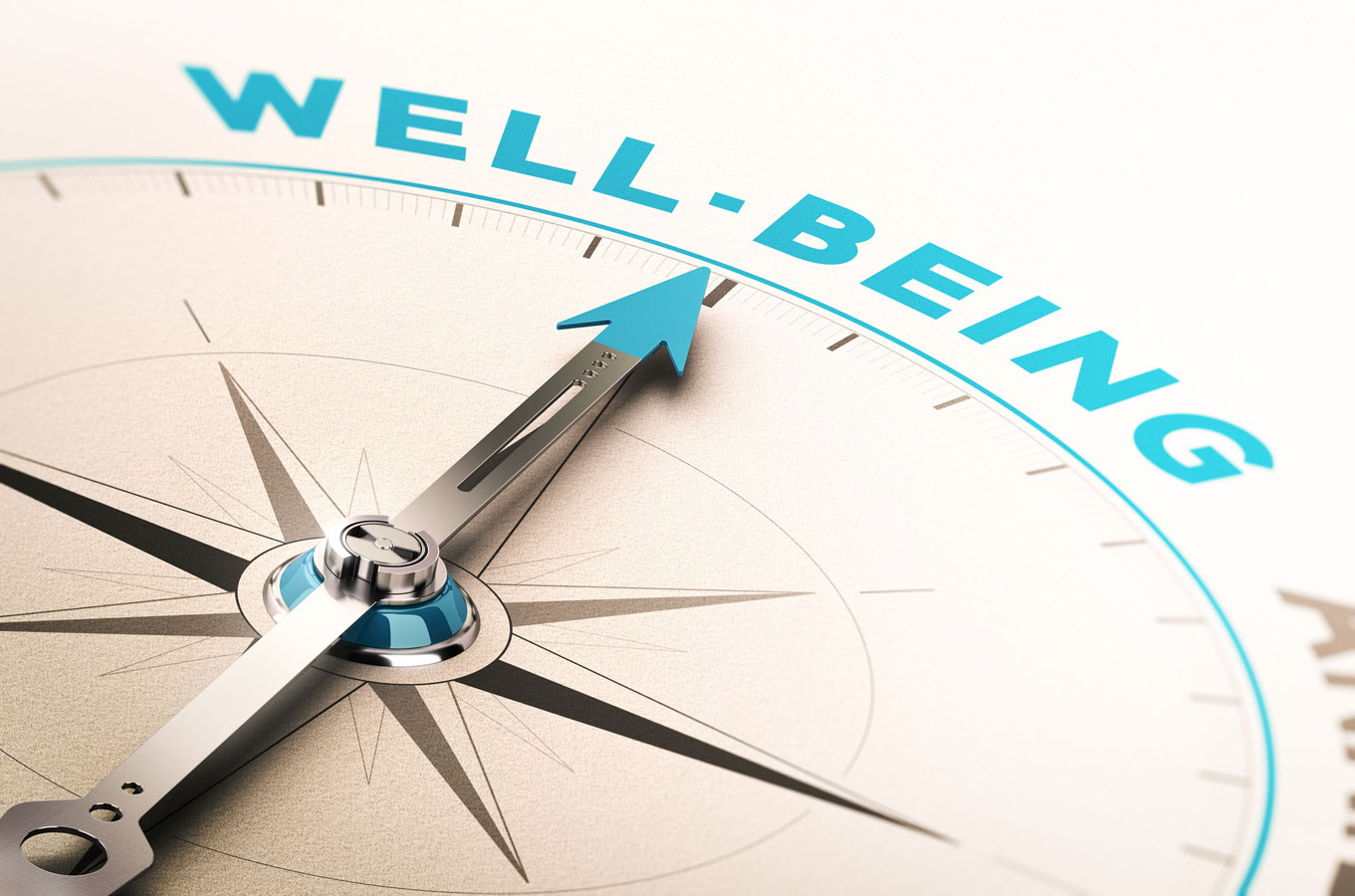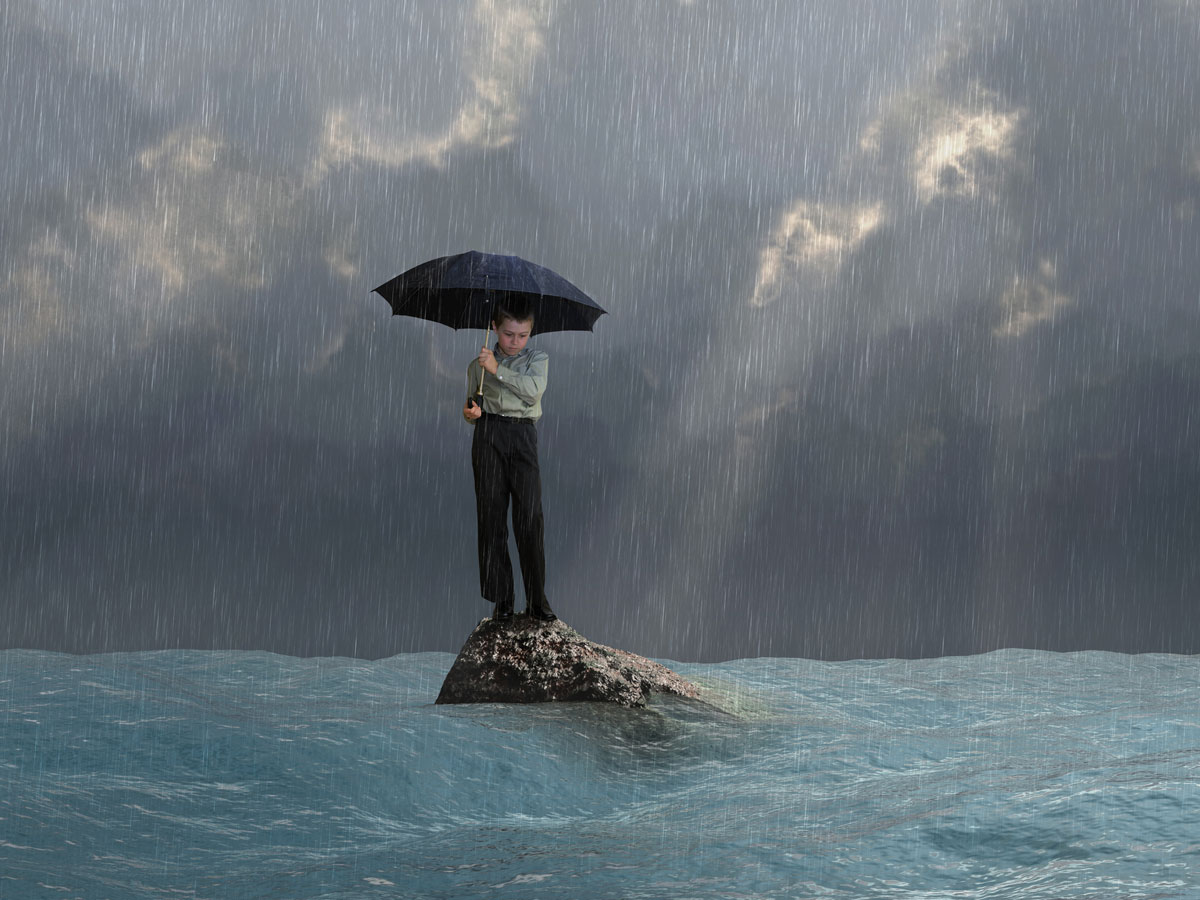“I’d like to cancel my subscription to 2021. I’ve experienced the free trial, and I’m not interested.” ~ makeameme.org
It is clear 2021 is going to be another rollercoaster ride. For those who are not amusement park aficionados, there are steps you can take to help survive what lies ahead and emerge even stronger for having gone through the inevitable challenges you will face.
Tool #1 – Take Care of Your Physical Health and Well-Being
The COVID-19 pandemic has taught us the importance of optimizing your health. Those with underlying medical conditions (60% of the U.S. population!) are at a greater risk of complications and death from the novel coronavirus. And obesity is the greatest risk factor for complications and death for those who are younger than 55.
That means healthy eating, moving your body, getting enough high-quality sleep, discontinuing tobacco use, and managing stress. These factors are key in the best of times and are even more critical right now.

Tool #2 – Take Care of Your Emotional/Mental Health and Well-Being
The beginning of a new year is often a time of stress and melancholy for many, and for those with seasonal affective disorder (SAD), symptoms may be in full bloom. There can be extra bills, a sense of letdown after the holidays, and pressure to make resolutions that will magically transform everything in 30 days. And many are already in the throes of sadness and grief, because the holidays can be a difficult time for a multitude of reasons.
Now add to the picture some type of loss in 2020 related to COVID-19 – daily routines, employment/food/housing/financial security, educational attainment, in-person interactions, milestone celebrations, health, and even the life of a loved one. The emotional and mental health impacts of the novel coronavirus are well documented.
For many, joy is most definitely not in the house!
So, what can you do?
- Acknowledge and honor your feelings. Denying, suppressing, or downplaying your emotions allows them to become more entrenched and to diminish a sense of hope. Your burden is also heavier, because wherever you go, your emotions go with you.
- Accept your emotions and view them without judgment.
- Identify potential contributory factors, e.g., depression related to a chronic condition, the anxiety of uncertainty, a medication regimen that needs tweaking, self-medicating with alcohol or other substances, a lack of sleep
- Optimize your physical well-being. Your mind, body, and spirit are inextricably intertwined. If you don’t feel good physically, there is a good chance you also won’t feel good mentally (and vice versa).
- If you are in treatment for an addiction or other mental health disorder, do everything possible to maintain the plan and keep in touch with your behavioral health or other practitioner
- Reach out for help. It is a sign of strength, not weakness.
Support may come in the form of friends or family. It may also mean seeking professional help.
1. NAMI
The NAMI HelpLine is a free, nationwide peer-support service providing information, resource referrals, and support to people living with mental health conditions, their family members and caregivers, mental health providers, and the public.
2. SAMHSA
SAMHSA’s National Helpline is a free, confidential, 24/7, 365-day-a-year treatment referral and information service (in English and Spanish) for individuals and families facing mental and/or substance use disorders.
3. PsychHub
Psych Hub is an online platform for digital mental health education.
4. 55 Mental Health Resources for People of Color
2U Inc., a global leader in education technology, provides mental health resources that acknowledge and understand the different realities for people of color.
5. Mental Health Resources
Healthline offers a number of mental health resources from emergency help to therapy and support groups.
6. betterhelp
It offers affordable, private online counseling.
7. Supportiv
Supportiv offers “precision peer support” which connects people anonymously and confidentially with others going through the same life struggle(s).
Tool #3 – Practice Self-Care
Mindfulness is a powerful way to refocus your mind to the present, rather than worrying about the past or the future, over which you have no control.
And doing so without judgment.
It’s been shown to benefit those with health issues, and it protects against stress and overwhelm.
As part of your self-care practice, cultivate the sense of empowerment that comes from taking action to prevent COVID-19.
You can also benefit from the positive feelings that result from showing gratitude to others. Doing your part to stay well and reduce the risk of becoming infected or spreading the virus is often the only thanks requested when you hear the many tearful and desperate pleas of healthcare workers.
Although we now have 2 vaccines (with more on the way) which reduce the risk of infection and developing severe symptoms of COVID-19, it will take quite some time before enough of the population (currently thought to be 75 – 90% needed) has been vaccinated to truly control the virus.
Additionally, several new variants have been discovered which are reported to be up to 70% more infectious, to produce higher viral loads, and to infect children more easily.
We will need to commit to the ongoing need to wear masks, social di-stance, and engage in personal and environmental hygiene. In combina-tion, these safety measures can reduce the chance of becoming infected and infecting others more than 80%.
If we do not adhere to these proven preventive steps as much as possible, we will continue to experience the recurring super-surges that have led to ICUs filled to capacity, the need for field hospitals and patients receiving care in parking lots and hospital gift shops, a decreased ability to care for all patients regardless of diagnosis, and healthcare workers who are beyond exhausted, many of whom are suffering from PTSD.
We are all connected, and in a global way, whether we like it or not. With-out acting accordingly, the virus will continue to ravage our lives and live-lihoods for the foreseeable future.
By taking care of ourselves, we each have the power as individuals to protect and actually save lives – our own, those of family, friends, and colleagues. And sometimes people we do not and will never know.
In 2021, this blessing means we have the opportunity to make a difference unlike any most of us have ever experienced and to enjoy the peace of mind and sense of calm that comes from helping us.
This article does not provide medical advice, diagnosis, or treatment. If you are feeling extreme anger with thoughts and actions harmful to yourself or others such as physical/verbal abuse or acts of violence, find yourself self-medicating with alcohol, illicit drugs, etc., expressing your anger in such a way that threaten relationships or your job, etc. seek professional help immediately and call 911 if necessary if you find yourself in an out-of-control situation or have the urge to hurt yourself or others.)


